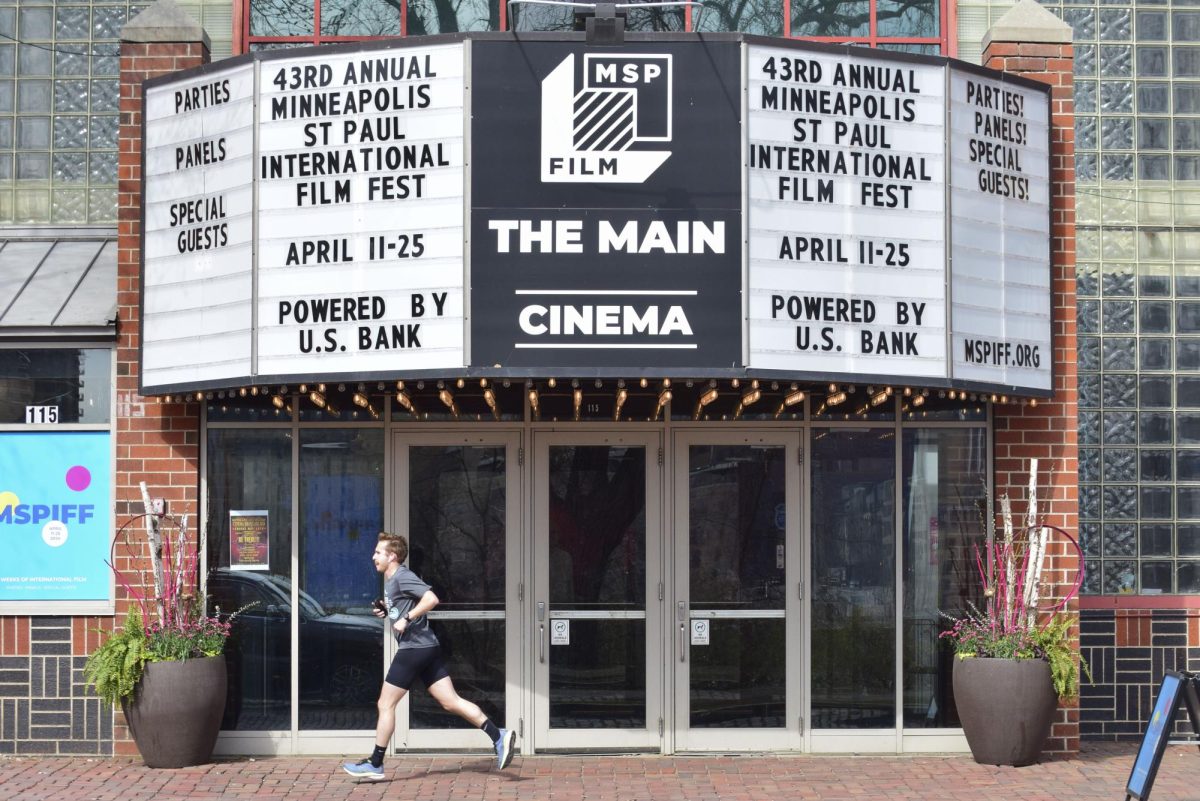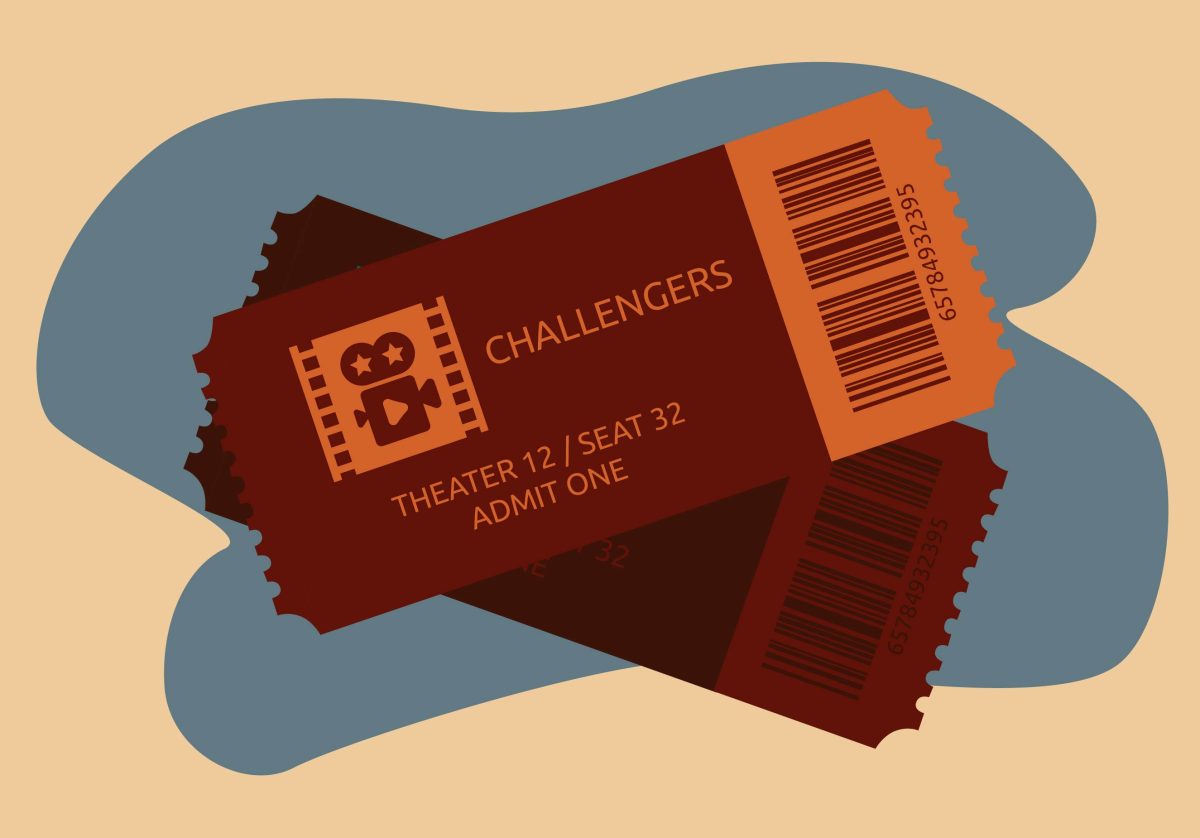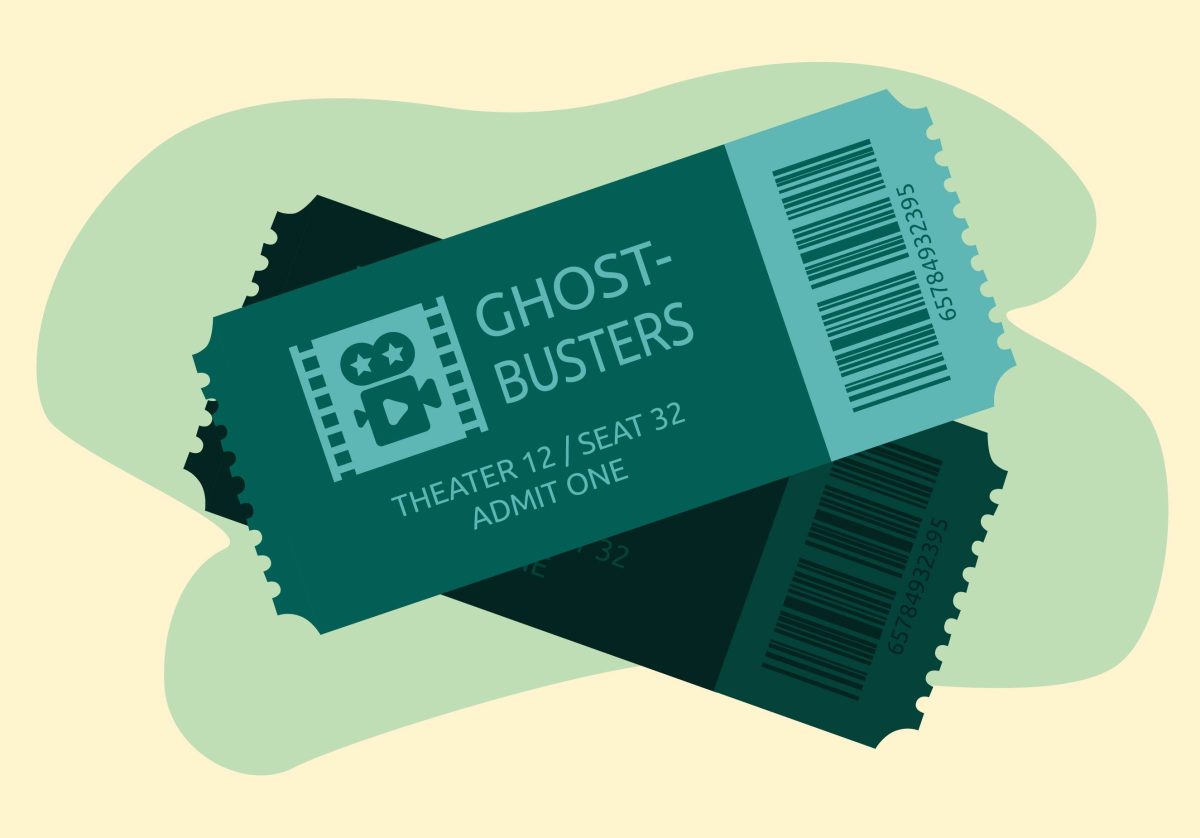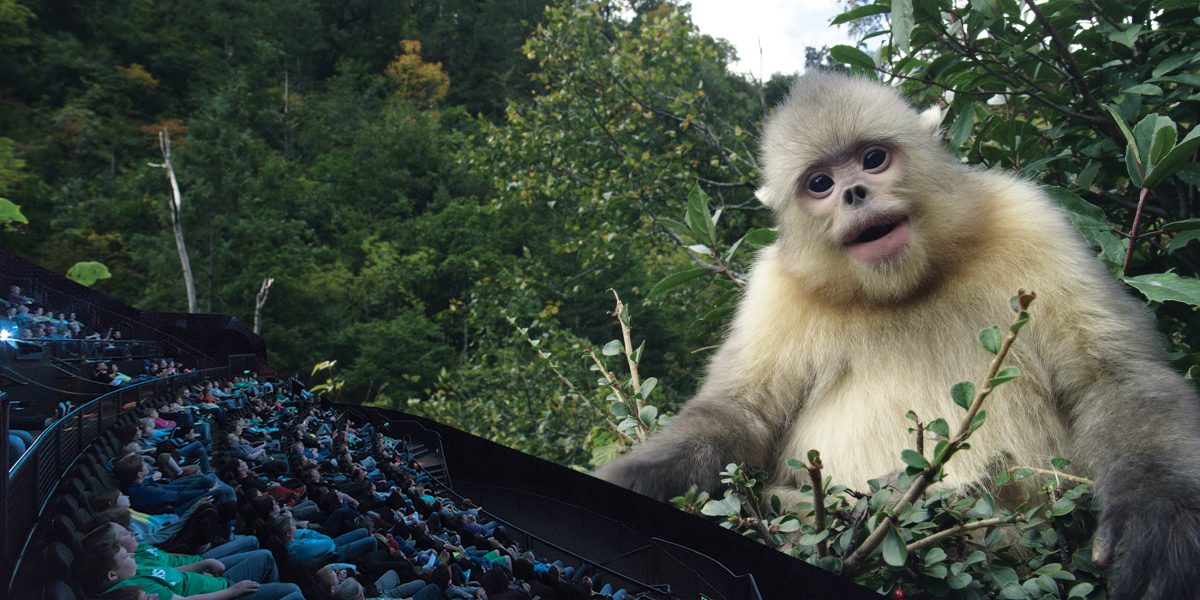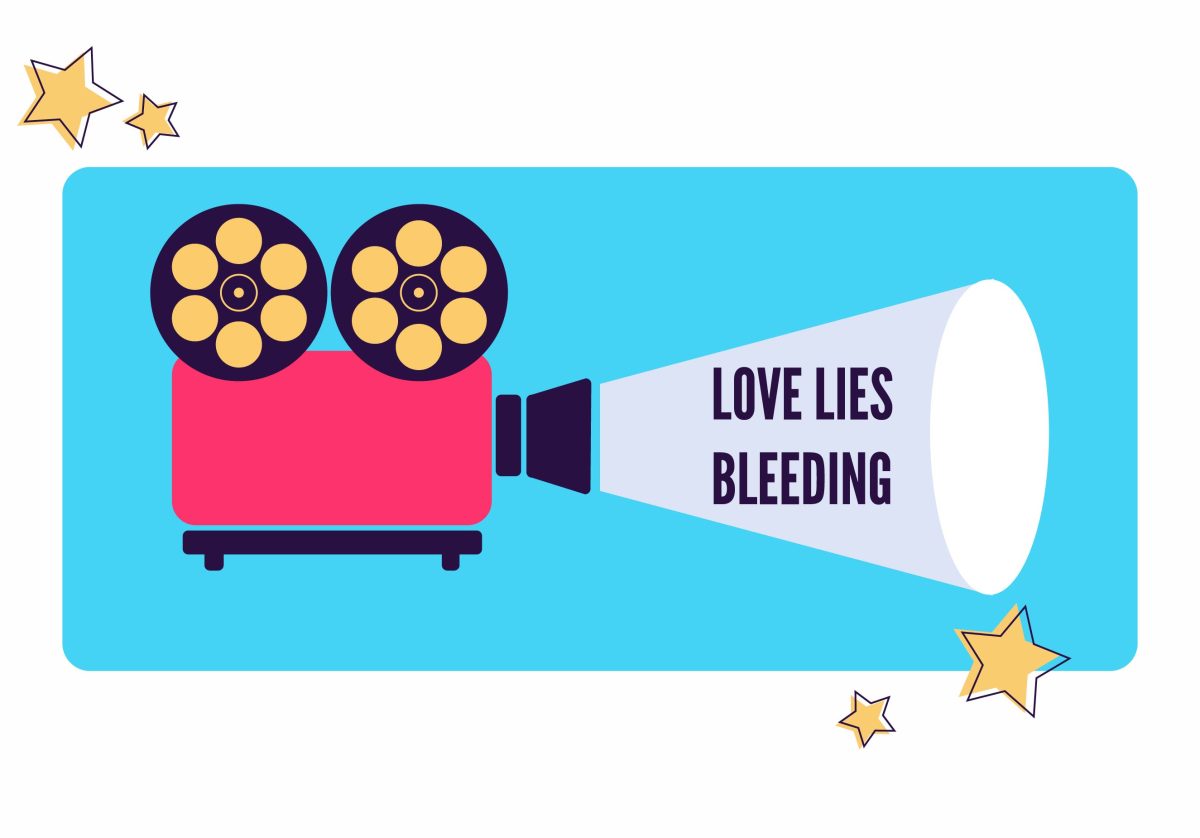Music and movies function differently in our memories. We might remember that we identified with a character in a movie we saw at some point in the past, but we remember songs from the same period as a sort of running soundtrack to the events that occurred. When we see an old movie again we might still identify the same way with the characters or stories. Or we may simply feel nostalgic, remembering what it was like at the time we saw the movie the first time. With songs, on the other hand, the feelings attached to them seem to stay the same; if there was a song that was playing when we got dumped for the first time or that happened to be popular the same summer we moved into our first apartment, hearing the song years later can bring us back to that same time in our minds, the same feelings are still as accessible now as they were then.
In “Amandla,” the history of the anti-apartheid resistance and revolutionary movements is traced through the music that is associated with them. The movie begins in 1948, the year of the apartheid’s introduction in South Africa. The argument made is that music was central to these movements at every phase of their existence. Also, it is postulated that although each different group might have had some songs all their own, there were songs that united black South Africans in resistance through space and time.
Moving back and forth fluidly between historical footage and interviews conducted specifically for the movie, the narrative develops through firsthand accounts of the brutality – mental, physical, economic, etc. – of the apartheid years and the toll it took on black South Africans regardless of whether they stayed in the country or went into exile. All of the people interviewed are revolutionaries in the sense that they at least wrote, sang or played revolution songs. Some are professional musicians and composers like Hugh Masekela and Miriam Makeba, two of the most famous musicians in the African pantheon. Some of the interviewees are revolutionaries in the sense that they took up arms and musicians because they sang songs that grew out of the streets and movements at different times.
The incredible suffering of black South Africans seems tempered by the very music that tells its tale, and now that some time has passed, most of the people in the movie seem reflective – introspective survivors telling a tale of one of the key instruments of their survival: music.
It would be impossible to see this movie and not be moved, be it by the story of resistance or by the groove of some awesome and underappreciated music. “Amandla’s” soundtrack moves out of the realm of what goes on behind the pictures and becomes the focus of the documentary, and the only problem is that, in the interest of time no doubt, not all of the songs are played long enough to really get a feeling for how powerful they were in and of themselves. Our sense of the strength of this music comes largely from testimony that is augmented by the song playing, but we don’t get enough exposure to the songs. This makes the moments when the music cuts loose all the more sweet, but still leaves you wanting more.
Maybe if we had a more musical mainstream culture in America this movie would be less interesting, seem less novel, but we do not. (Can anybody imagine Governor Pawlenty dancing across the stage a la Nelson Mandela joyously rocking along to a song sung by thousands and written to commemorate his inauguration? It just doesn’t work somehow.) Maybe the recent protests would seem more “together” if everyone knew the same song. Maybe community would be a feeling and not a word. Maybe we could find a common vernacular to express common desires, concerns, hopes and fears. South Africa overcame one of the most horrific periods in history, the apartheid regime; maybe we could overcome our problems, too. Maybe.
“Amandla: A Revolution in Four-Part Harmony” is now showing at the Lagoon Theater.
Gabriel Shapiro welcomes comments at [email protected]










